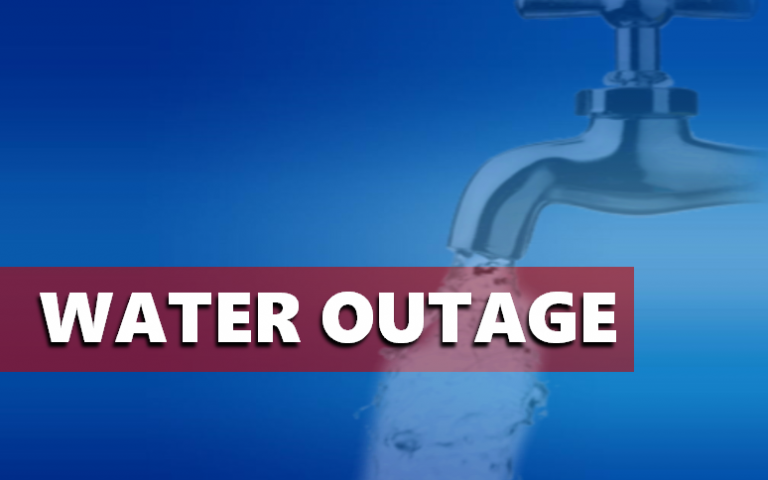Imagine a scenario where a natural disaster, a severe storm, or a man-made event has left your family without power and water. In this modern age, where we rely heavily on these utilities for our day-to-day needs, such a situation can be daunting. However, with the right knowledge and preparation, you can keep your loved ones safe and comfortable even when the lights go out and the taps run dry. In this blog post, we’ll explore essential survival strategies to ensure your family’s safety during power and water outages.
1. Emergency Supplies and Kits
One of the first steps in preparing for a power and water outage is assembling emergency supplies and kits. Here are some essentials you should include:
- Water: The human body can’t survive without water for more than a few days. Store at least one gallon of water per person per day for a minimum of three days. Consider larger containers or water purification methods if needed.
- Non-Perishable Food: Stock up on canned goods, dry fruits, energy bars, and other non-perishable food items that your family will eat. Don’t forget a manual can opener.
- Flashlights and Batteries: Flashlights are essential for providing light in the dark. Check that you have plenty of spare batteries to keep them running.
- Portable Chargers: Keep a portable charger or power bank for your mobile devices to stay connected and informed.
- First Aid Kit: A well-equipped first aid kit is essential. Include bandages, antiseptic wipes, medications, and any necessary personal medications.
- Blankets and Warm Clothing: Even in warm weather, temperatures can drop at night. Have blankets and warm clothing on hand.
- Emergency Tools: Tools like a multi-tool, duct tape, and a wrench can be incredibly useful.
- Portable Stove and Fuel: If possible, have a portable camping stove with extra fuel for cooking when the power is out.
- Hygiene and Sanitation Supplies: Toilet paper, hand sanitizer, soap, and feminine hygiene products are important to maintain hygiene.
2. Water Management
Water is crucial for survival, and during a power outage, access to clean water might become limited. Here are some strategies to manage your water supply:
- Store Water: Prior to any potential emergency, fill containers with water for drinking and cooking. A bathtub can also be filled with water for hygiene and flushing toilets.
- Purify Water: If your stored water runs out, you may need to purify water from other sources. You can use water purification tablets, a portable water filter, or boil water to make it safe for consumption.
- Hygiene Practices: During a water outage, conserve water by using hand sanitizers and reducing the frequency of showers and laundry. Wipes can also help maintain personal hygiene.
3. Energy Alternatives
When the power goes out, you’ll need alternative sources of energy. Here are some options to consider:
- Generators: Portable generators can provide backup power for essential appliances and devices. Be sure to operate them safely, following the manufacturer’s instructions.
- Solar Chargers: Solar chargers can provide a sustainable source of power for small electronic devices, such as smartphones and radios.
- Battery-Operated Devices: Invest in battery-operated fans, lanterns, and radios to stay cool, see in the dark, and stay informed.
- Candles: While not as efficient or safe as flashlights, candles can provide some light when needed.
4. Communication and Information
Staying informed is crucial during power and water outages. Here’s how to do it:
- Battery-Powered Radio: A battery-operated or hand-crank emergency radio is essential for receiving news and updates from local authorities.
- Emergency Notifications: Sign up for emergency notification systems in your area to receive alerts and updates on your phone.
- Alternative Communication Methods: Establish alternative communication methods in case mobile networks are affected. Consider walkie-talkies or satellite phones.
5. Family Safety
Ensuring your family’s safety goes beyond supplies. Here are some important safety considerations:
- Stay Together: In the event of an emergency, stay together as a family, especially if you have young children or vulnerable family members.
- Know Your Evacuation Plan: Be familiar with your local evacuation routes and shelters in case you need to leave your home.
- Emergency Contacts: Share your emergency contact information with family members and agree on a meeting place in case you are separated.
- Check on Neighbors: In times of crisis, it’s important to check on neighbors, particularly the elderly or those with special needs.
Conclusion
Power and water outages can be challenging, but with the right survival strategies and preparation, you can keep your family safe and comfortable during such emergencies. Remember to stock up on essential supplies, manage your water wisely, have alternative energy sources, stay informed, and prioritize your family’s safety. By following these guidelines, you can navigate the challenges of a power and water outage with confidence and resilience, ensuring the well-being of your loved ones.
